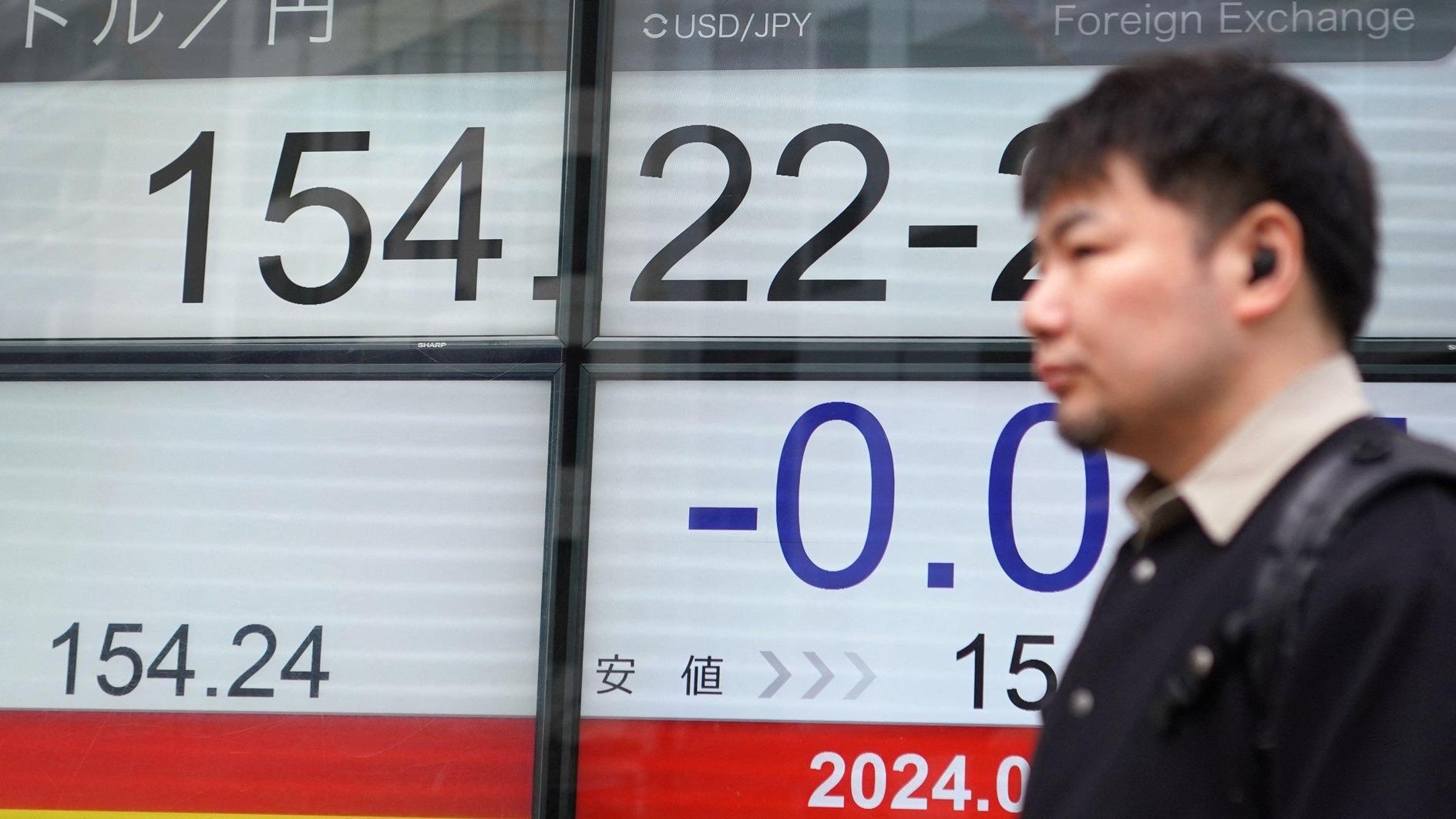A new grand coalition? Possible implications
EBRU TURHAN
In the wake of the 2013 German federal elections, efforts to form a new government have intensified. The Christian Democratic Union (CDU), the winner of the elections together with its Bavarian sister party Christian Social Union (CSU), held preliminary talks with the Social Democratic Party (SPD) on Oct. 4. Both sides described the outcome of these exploratory talks as “constructive” and agreed to meet again on Oct. 14. As such, the SPD is seen as the German conservatives’ most likely coalition partner.The formation of a grand coalition between the CDU/CSU and the SPD could predominantly affect four important aspects of German-Turkish relations.
Firstly, the formation of a grand coalition will have implications for the situation of the Turkish community in Germany. The election program of the CDU/CSU emphasizes the need for a “culture of welcoming,” specifically tailored for high qualified migrants, and rejects the idea of dual citizenship.
Contrary to the conservatives, the SPD stresses the need for the dual citizenship. Although the CDU/CSU speaks against the idea of dual citizenship, it is aware of issues related to the ageing population and the emigration of high-skilled Turkish immigrants from Germany to Turkey. These factors might culminate in the loosening of some restrictions on dual citizenship.
Secondly, the post-election German government structure will define the scope and content of the German-Turkish economic dialogue. In view of the Euro crisis, Chancellor Angela Merkel attaches great importance to German economic stability. In February 2013, Merkel visited Turkey and gave a speech at the Turkish-German CEO Forum. During her speech the German Chancellor emphasized the need for the intensification of the bilateral economic cooperation, particularly in the areas of energy and infrastructure. The SPD has often stressed Turkey’s value as an important economic partner, as well. Thus, in case of a grand coalition, the further strengthening of the bilateral economic dialogue is to be expected.
Thirdly, the future of the German-Turkish foreign policy related dialogue will be affected. The federal foreign minister of the grand coalition, who is traditionally an SPD minister, shapes this dialogue, together with his or her Turkish counterpart. The most likely candidate for this position would be former Federal Foreign Minister Frank-Walter Steinmeier. Steinmeier, a close friend of Turkey, is then likely to strive to deepen the bilateral partnership, particularly through the German-Turkish Strategic Dialogue Mechanism founded in May 2013.
Although the SPD often criticized the CDU-led German government’s visa policy vis-à-vis Turkey when it was in opposition, visa liberalization was not placed in the Social Democratic election program. This hot topic will likely remain contentious during the new legislative session. Thus, it remains to be seen how the SPD-led foreign office would react to the debate.
Last but not least, German preferences on Turkey’s accession to the EU will be shaped by the new government. The previous coalition agreement of the CDU/CSU and the Free Democratic Party (FDP) officially pursued a “pacta sunt servanda” policy vis-à-vis Turkey. However, in practice, Chancellor Merkel lobbied for Turkey’s privileged partnership with the EU and former Foreign Minister Guido Westerwelle, of the FDP, openly supported Turkey’s EU perspective. The controversy between the chancellery and the foreign office, led to an explicit inconsistency in German policy making regarding Turkey. This inconsistency will most likely persist during the new legislative session. While the SPD election program calls for bringing new momentum to Turkey’s EU accession process, the CDU/CSU election program rejects Turkey’s full membership of the EU. The SPD is a more powerful coalition partner compared to the FDP and could have more impact on the formation of government policies concerning Turkey. The opening of accession negotiations on chapter 22 was put on hold until the conclusion of the German elections. A swift opening of the chapter following the elections would send a positive signal about a German “pacta sunt servanda” policy vis-à-vis Turkey.
*Dr. Ebru Turhan – Mercator-IPC Fellow, Istanbul Policy Center, Sabancı University











